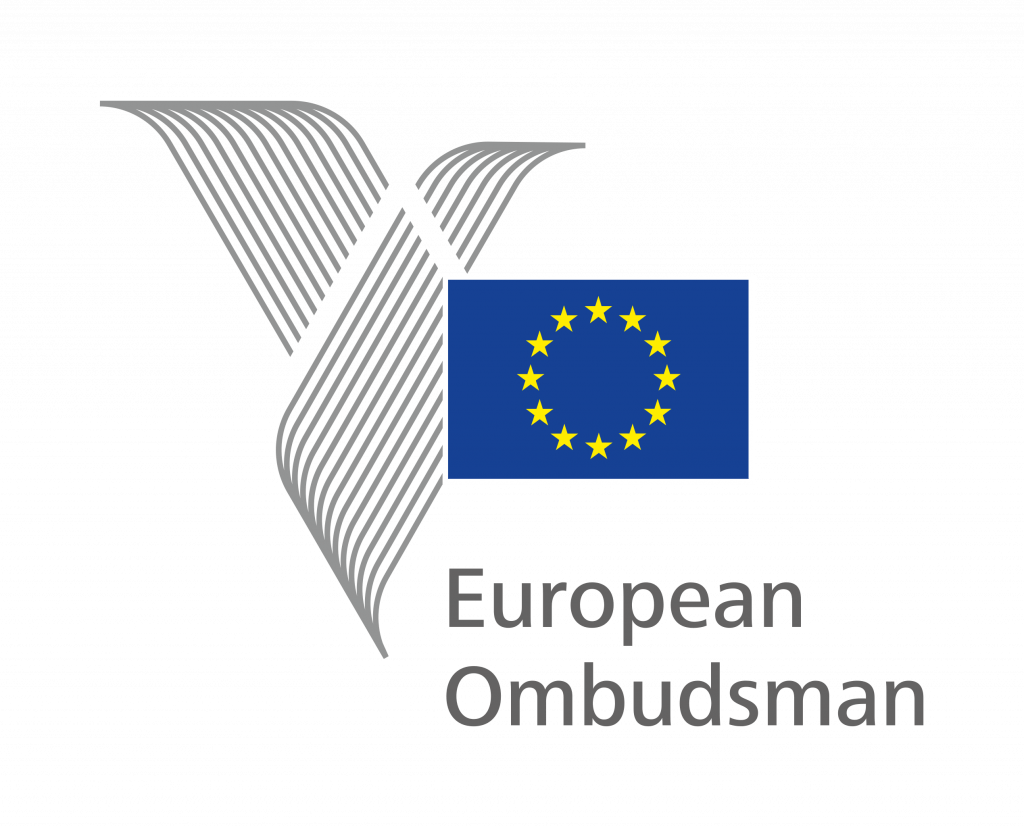EPSO

The EPSO crisis began in 2022 when a fully online, remote competition was organised without proper preparation, without an actual assessment of what this new scheme would mean and what the requirements to participate would imply for the candidates, demonstrating itself completely detached from the everyday reality of European citizens.
R&D representatives to the Commission Central Staff Committee (responsible for the nomination of some of the selection panels for the competition board) monitored the situation and reacted already in 2022, before the EPSO crisis exploded in 2023.
- Internal and external candidates contacted us and expressed huge frustrations with the process, experiencing major disruptions that prevented them from completing their tests adequately.
Since April 2023, R&D has requested that EPSO management be held accountable for the huge failure and the waste of enormous amounts of time and money for individual European tax-paying citizens (including hundreds of colleagues in EU institutions), for EPSO, and all other involved people, including tens of colleagues who worked massively as panel members.
- R&D asked on behalf of candidates for a revision of the decision of the Appointing Authority. EPSO should find a legal way to allow successful candidates to maintain their successful results in future competitions. EPSO had to reopen some of the competition phases in 2024 to ensure fairness.
Since 2022, R&D has repeatedly asked through their COPAR representative to address the weaknesses and possible legal failures of a single language policy and to open the competitions to a full 24-language regime. EPSO recently announced a move towards a full 24-language regime for its selection procedures to promote multilingualism and ensure fair treatment across all member states.
- R&D asked that DG HR must re-establish some capacity for governance of the Offices, including, in cooperation with the other institutions, for EPSO.
Due to the lack of fresh laureates lists, EPSO also had to support with seconded staff the Commission’s increased workload in internal competitions in 2023 and 2024.
- R&D asked that EPSO should finally understand what it means to be “fully accountable” and the obligation to take into account the “lessons learned.”
EPSO failed to adapt its selection process to the changing environment in which the institutions have been operating since 2012. The EPSO Development Plan, as a response to criticisms from the 2004-2008 period, did not introduce sufficient flexibility to equip EPSO with the means to adapt its selection process to the requirements of the rapidly changing environment in which the EU and its institutions now have to operate. The enormous number of complaints was followed by the opening of an inquiry by the European Ombudsman. The Ombudsman also found instances of maladministration in EPSO’s handling of complaints concerning staff recruitment tests in 2024.
- R&D asked that EPSO should give evidence of being able to respect European taxpayers, guarantee a perfect implementation of any external contract, and attribute responsibilities to those who must and deserve to be responsible.
EPSO has indeed changed its external contractors. Besides the heavy financial impact in terms of public money and the damage done to the image of the European Union, an enormous amount of private data was sent to the United States, where the testing platform is based. After facing severe technical difficulties with their initial contractor, EPSO decided to terminate their contract in February 2024. In response, they began seeking both short-term and long-term solutions to ensure a proper selection process.
- R&D believes that although EPSO’s centralised recruitment approach plays a pivotal role in ensuring that the institutions are staffed with qualified professionals who contribute to the EU’s functioning and policy implementation, the way EPSO has acted and managed the situation is not acceptable.
The EU institutions should assume the political responsibility for this costly mismanagement, including political consequences for those responsible for making these decisions.
The new competition model, aiming to speed up the process and produce laureates in just 4-6 months with no assessment centre or interviews organised by EPSO, will require reinforcement and supervision of DG HR to guarantee that the recruitment decisions will be taken fairly by the recruiting Directorate Generals.
- R&D insists on the need to actively involve staff representation in the new competitions model and recruitment process.
- R&D will closely monitoring the selection and recruitment process with a view of attracting the best candidates trough a fair selection.
Concerning the simplification of the Certification procedure – proposals are pending to introduce measures to reduce costs.
- R&D insists that the regulatory framework (article 45a of the Staff regulations), has to be fully respected and all changes been made in fully consultation with the Staff representatives.
Our ACTIONS
European Ombudsman

The use by the European Personnel Selection Office (EPSO) of remote testing only for the ‘pre-selection’ tests in a selection procedure to recruit EU civil servants (Assistants AST3 – EPSO/AST/154/22)
CASE OPENED
CASE OI/1/2023/VSOPENED ON Wednesday | 15 March 2023INSTITUTION CONCERNED European Personnel Selection Office
